Do I need to learn German to study in Germany?
- Categories All Study in Abroad Blogs, Study in Germany
- Date July 10, 2024
Germany is a remarkable student destination. Not only does it offer free education, it has an innovative approach to learning. It is home to more than 400 universities offering a large array of programs. With their curriculum focused on skill-enhancement, they are one of the most desired study destinations for Indian students. On top of it all, the country has a 100% literacy rate! At the same time, their language keeps a lot of us from taking any steps towards it. Most German universities use German for lectures, directions, instructions and other communication on campus. But do you really need to learn German in order to study in one of its prestigious universities?
In this blog, we will delve into the need for German proficiency for international students in Germany while finding a way around it.
Is the German language compulsory to study in Germany?
Yes and no. There are about 2851 Bachelor’s and Master’s Degree Programs in Germany that are taught in English. Courses in popular courses like Mathematics, Natural Sciences, Law, Economics, and Social Sciences have more options than others. As long as you apply for any of them, you don’t need to learn German. You will still need to demonstrate your language proficiency with IELTS, PTE or TOEFL. However, if you enrol to a university where the course is partially or entirely taught in Germany or has a larger percentage of local students, you will have to learn their language.
Can I live in Germany as an international student without speaking German?
As a matter of fact, Germany has a culturally diverse society. There are people who speak German at a high level and also those who don’t understand most of it. So is the situation for English-speakers. Hence, you don’t necessarily need to speak German to be able to fit in. During your course, you will pick on the basic level of the language. Perhaps, a few slang and common ways. And that is enough.
That being said, it will work in your favour if you do. Not only would it open up possibilities for a larger number of universities, you will have more options when looking for projects, internships and placements. German proficiency will improve your employability in and outside the country. Learning different languages will enhance your social group as well. Particularly, if you do learn German, English and French, you will be able to comfortably converse with most of the population.
What are the recognized German language exams for international students?
You can prove their German language proficiency with a variety of tests. Some of the widely accepted ones are TestDaF, DSH, Telc Deutsch C1 Hochschule, DSD 2 and Goethe-Zertifikat C2. The first two are more common among foreign students than the others. Particularly, TestDaF (Test Deutsch als Fremdsprache) is available in over 500 test centres across 100 countries. While it has a standard pattern of exam, DSH (Deutsche Sprachprüfung für den Hochschulzugang) varies from university to university. Hence, it is regulated by the universities themselves with up to 2 attempts. At the same time, it is less expensive and could be easier to qualify.
What level of German is required to study in Germany?
While all tests are assessed by the Common European Framework of Reference for Languages (CEFR), there is no set bar for the German language proficiency test. Universities have their own requirements according to their course availability in other languages. Typically, level B2 is good enough to seek admission. It portraits that the student has enough knowledge to communicate effectively and independently. With more practice, they may also be able to socialise well and secure job prospects.
How can I learn German as an international student?
There are many ways to learn German. If you want to study under a professional, you can join a German course in your country or study online. Interactive learning and exercises here will help you widen your abilities. You may also watch German movies, TV shows and Youtube videos with subtitles. Or read their books with proper translations. German universities also facilitate such courses for international students enrolling in their courses. You can participate in language workshops and events as well. Yet, the easy way will be to befriend a local. They will help you learn in ways no other platform can.
Feel more confident about pursuing your dream course in Germany? Connect with Studywise International for a FREE CONSULTATION today!
You may also like

Ireland Intake 2024-25: Universities & Preparation Timeline

TOEFL Scoring System and Validity


